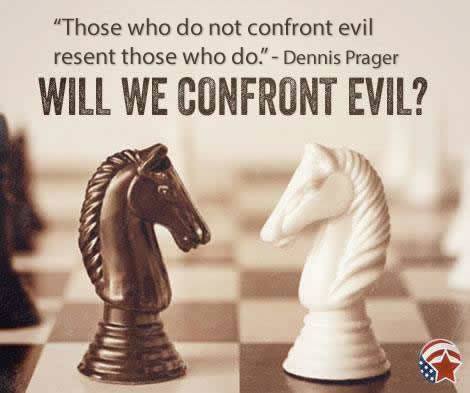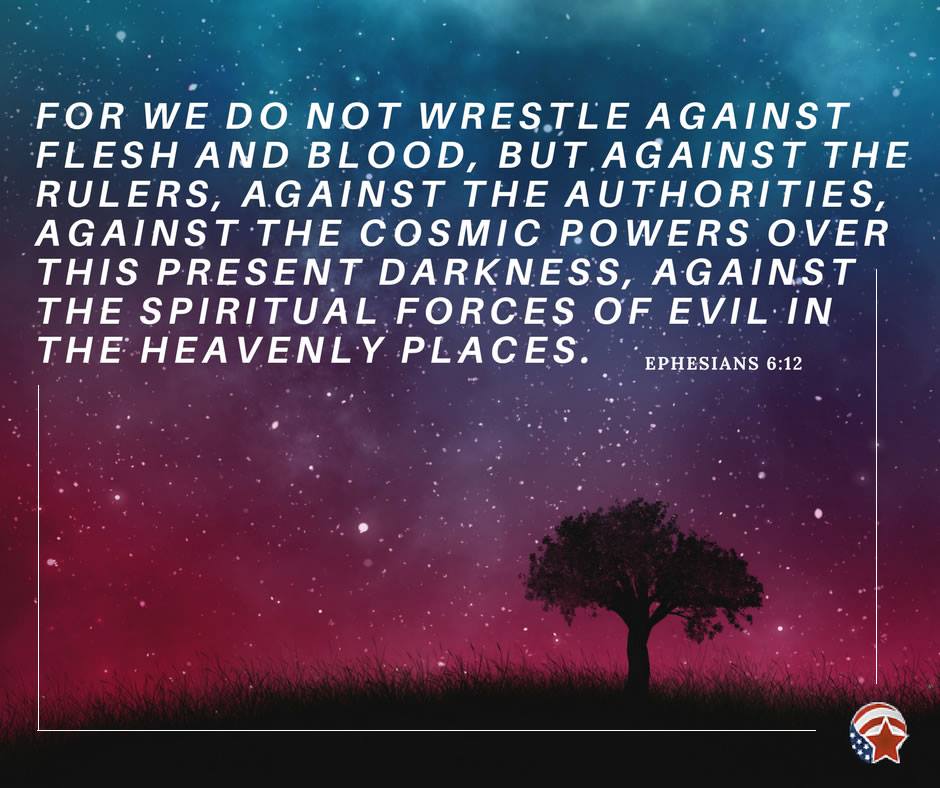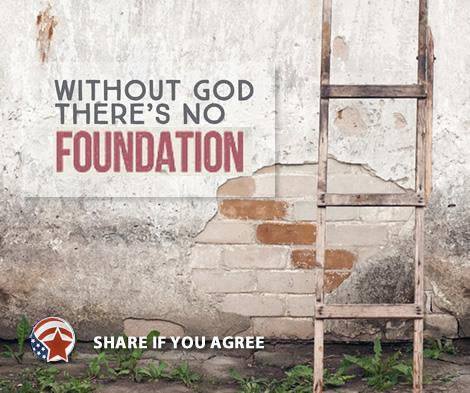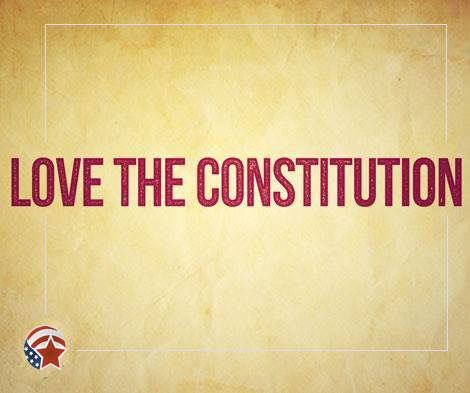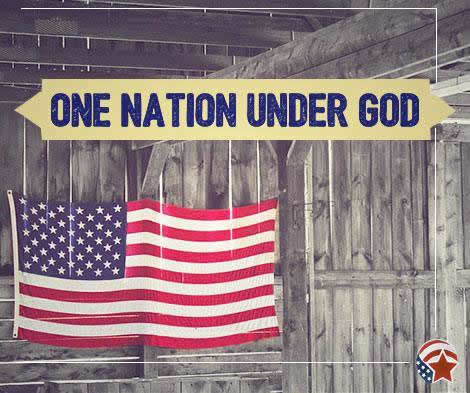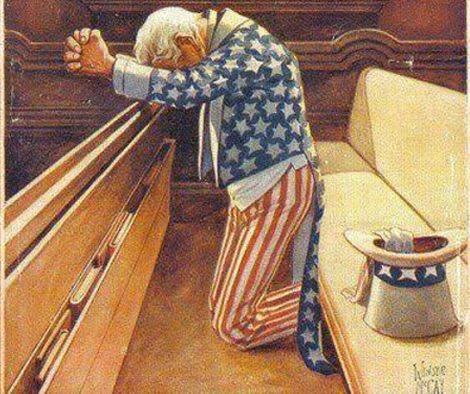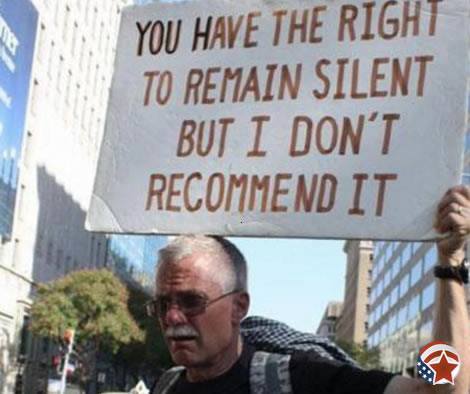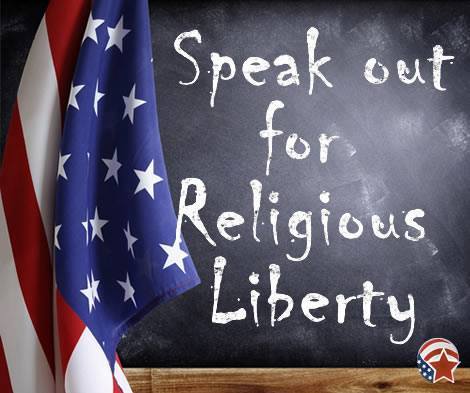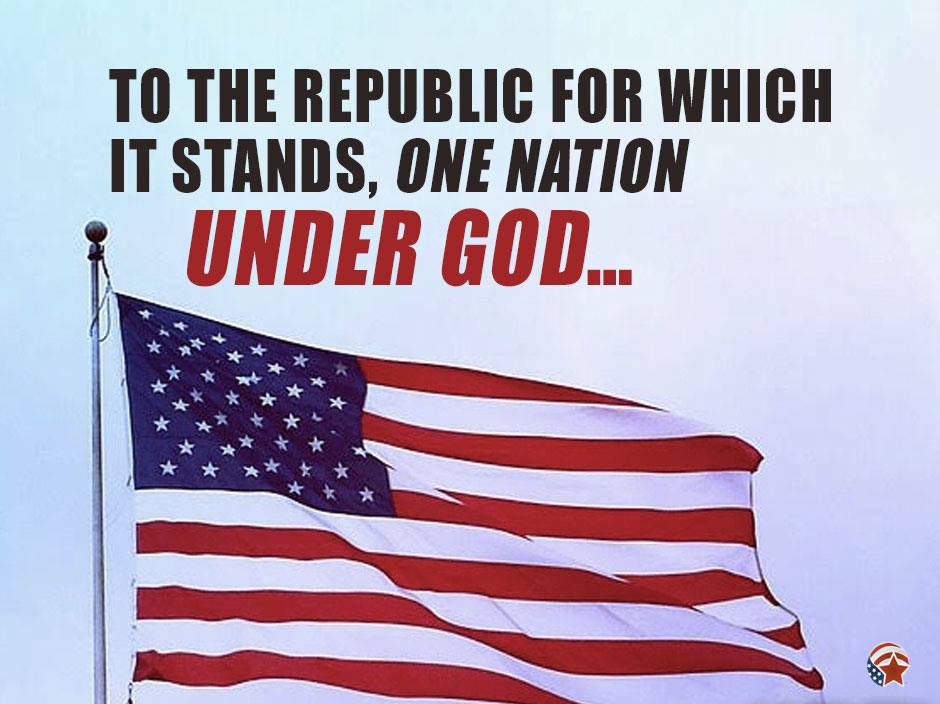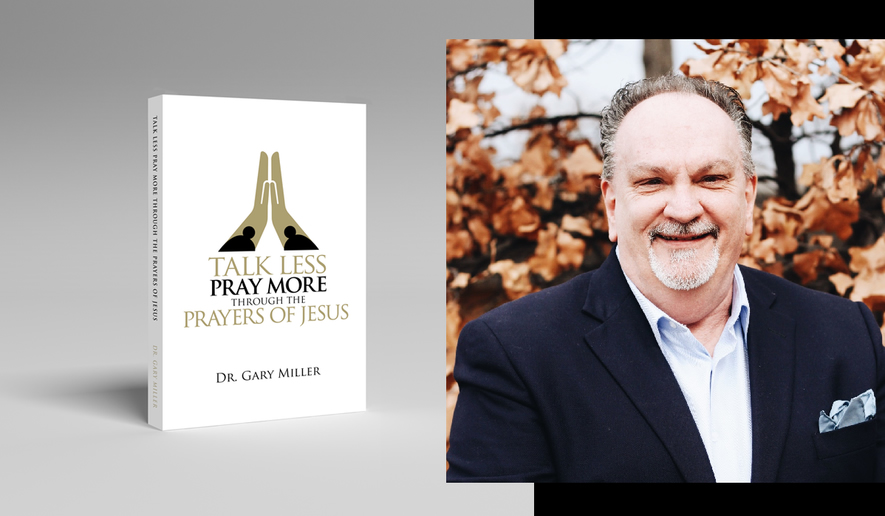 Gary Miller, pastor and author of the newly released book, “Talk Less. Pray More Through the Prayers of Jesus.” more >
Gary Miller, pastor and author of the newly released book, “Talk Less. Pray More Through the Prayers of Jesus.” more >
By W. Scott Lamb – The Washington Times – Saturday, May 6, 2017
Gary Miller is no stranger to readers here at The Washington Times. He penned a great article on prayer that received a wide reading. The topic of prayer in the life of a Christian is the main theme of the ministry of Miller and his wife, Dana.
And, prayer is the central theme of a new book Miller published, released this past week. I interviewed him about the book and its emphasis on prayer. We recorded it in video format, but technical issues on my end garbled the signal. Thankfully, we have the audio, and also an edited transcript of the interview (below the YouTube of the audio).
I hope you enjoy and profit from reading or listening to Miller’s heart on prayer as much I did in interviewing him.
Lamb: Gary, it’s always an exciting thing when a book is written by a friend. When a friend releases a book, I can’t wait to get my hands on it, because I can hear their voice—especially when a book is so central to one’s life as this new book you’ve written is central to your life and ministry. This theme of prayer isn’t a tangential issue or a side theme of your life. So jump right in and tell us about this book. Start with the title itself. What is it all about?
Miller: Well, I had heard my father, Don Miller, use four little words for years: Talk less. Pray more.
I couldn’t shake that as a sense of direction. About seven years ago, Dana and I felt led to resign from full-time pastoral ministry and begin a ministry. We decided that since “Talk less! Pray more!” had been the central theme of our lives.
Lamb: Did anything, in particular, bring you to that point?
Miller: Yes, Dana’s battle with breast cancer brought us to that conclusion. When she was given that news, we were sitting there together, and I just went to places I had never been before. She responded like a real prayer warrior—and I was a mess. The more I talked about it, the bigger cancer got.
During those two to three years with the surgeries and the chemo treatments, we would tap out on more than one occasion and just say, “We’ve talked too much. I’m already terrified. Can we just start praying?”
That challenge, the crisis—she called it her “great adventure.” I never got to that kind of spiritual maturity, but that’s where it really began. We were practicing prayer for years, but not at the level that cancer took us to.
“Talk less, pray more” just became a way to express in our lives the plea to God: “Just give us your direction here. Give us your protection. Any course correction in our lives. Make sense out of the senseless, things that are just terrifying to us.” That’s where it was birthed. I heard it from my dad, but it became a reality when we started having to live it and apply it.
A year or so before dad’s death, I told him that we had decided to call our ministry “Talk Less, Pray More” and dad said, “I’m going to put that on my gravestone.” At that time, I wasn’t sure he would even remember that he had said that, but I had never forgotten it. And it’s not something you can quite remind somebody to do. But the day after he died, my brother sent me a picture of his gravestone, and there it was, in those four words—Talk less, pray more. He had never forgotten that he had said that.
Lamb: What is the nature of prayer? What is the foundation of prayer? Looking in from the outside, prayer might seem like a strange thing. You bow your head. You close your eyes—that kind of strangeness. For a Christian, what is prayer all about?
Miller: The fundamental thing is that it’s not eloquence. It’s dependence. As a child runs to the father who he knows love him, the child expects an audience. A child doesn’t even need to know how to speak, but a child instinctively understands, “I’m running to someone who cares for me. Prayer is running to God. It is getting over yourself and running to him.
If you follow the life of Jesus—and that’s what has become the greatest encouragement to me about prayer—Jesus would pray this way: “Thy will be done.” The essence of prayer is to change “my” to “thy.”From me to thee. That involves knowing his direction and seeking his protection and any course correction along the way. Those three things have become elemental for me in praying.
When I get off my knees in prayer—this isn’t about me spilling my whine list to him. Baptists aren’t supposed to have a “wine list”—but we have our whine list, where we just cry out with all of our complaints. But what Jesus would do is he would conform his will to his father’s will through prayer.
I think that’s what happened when the disciples would hear him pray. The five greatest words spoken about prayer may be, “Lord, teach us to pray.” What we learned through this is that prayer is the thumb that helps you get a grip on life.
Without prayer, you’re just slapping at the enemy. Prayer is warfare with an enemy that seeks to kill, steal, and destroy everything we love and care about. When we fight him without prayer, we’re slapping at the enemy rather than making a fist. I think that’s something that I’ve learned is that this is about warfare, but it’s not about my power. It’s about his power. I’m going to him for his strength and his sense of direction in life. It doesn’t mean that you won’t have other challenges. I certainly don’t wish cancer on everyone, but we’re stronger if we’ll turn to him. Lord, teach us to pray. He didn’t teach us how to pray. He teaches us to pray.
Lamb: What does a Christian do when they sense a dry spell in their life? I think if we understand prayer, it’s something that is supposed to be natural, and perhaps it has been more natural at other times, but then there are times where it does seem as though there is a dry spell. What do you do? Perhaps the old words, that would be “revival.” That has connotations of crusades and things, but it’s a biblical concept. How would you exhort somebody who is experiencing a desert of spirituality? How does prayer infuse new life?
Miller: The best counsel I was ever given as a young pastor when I was … I was at the end of my rope. We had just burnt out and been depleted. It’s your first pastorate…I said something to one of my men. I said, “I just don’t laugh anymore.” That concerned him. I didn’t remember saying it, but he came to me and said, “I want you to meet with someone.”
So, I met with this fellow, and in the course of our conversation, this older man said these words: “Your walk with God is the next 20 seconds.” I think if he had said another verse of scripture, read this book, go to this conference, do this one more thing, I think I just would have collapsed. But there was something about the gentle way that he said that.
A month later, he did not remember saying that to me, but I heard him say, “Your walk with God is the next 20 seconds.”
If you think about it, that’s the breath that’s in your lungs. Just take your breath, halitosis and all, and call out to God: “I feel dead inside. I need fresh breath from you.” Again, it doesn’t have to be eloquence. It’s dependence. If I had to give any counsel to somebody, just start breathing. Prayer is the next breath.
Lamb: It sounds through everything you’ve said so far that you envision prayer or you experience prayer under the shadow of grace, not at all prayer as a work, though it’s obviously something we’re called to do. But prayer is both a grace in the doing it and then in receiving from the Lord, which is a refreshing thing. It’s not something we do to win merit.
Ok, so tell me about some heroes of prayer. Throughout church history, there have been certainly some people you write about your studied or perhaps known. Some heroes of prayer?
Miller: There are some fellows like when I was a young I was handed a book called Waiting on God. A very simple 30 chapters. A little book by a fellow named Andrew Murray. 100 years ago in South Africa, Andrew Murray was a leader of a great awakening in that country and then in England and America. He had been one of those forgotten authors. Andrew Murray challenged us to understand that prayer was not me just whining to God. It was waiting on God, that there’s timing in God’s preparation for us.
Charles Haddon Spurgeon, he said, “I’d rather teach one man to pray than ten men to preach.” He’s known as the prince of preachers, and yet he had that capacity to understand. We’re not quite getting hold of the power of God.
Chadwick, a great Methodist preacher out of England. He was a mentor of Leonard Ravenhill. The one concern of the devil is to keep Christians from praying. He fears nothing from prayerless studies or prayerless work or prayerless religion. He laughs at our toil, he mocks at our wisdom, but he trembles when we pray. There are men and women that have grasped this. I had not taken hold of that as they had. I felt like maybe I was like one of those disciples that heard Jesus pray. Lord, teach me to pray. What am I missing that these fellows got hold of?
I am not an expert at this. Prayer is a journey that I will never end until I take my last breath. He’s given me this way of having intimacy with him.
Lamb: Well, I know that you speak at conferences. Churches invite you in to speak on this topic, you and your wife Dana, and I know that this is something you think about and talk about quite a lot. I would reckon to say probably I’m looking forward to getting my hands on a copy of the book that just came out last week. An author who has drunk deeply in the subject matter before they write the book, the book’s probably going to be good. How can folks get a copy of the book?
Miller: Well, it’s very simple. It’s not a huge book, but they can go to TalkLessPrayMore.com, and they can go to our website. It’s available there. Or they can go to Amazon.
Lamb: All right. Well, Gary, thanks for taking your time with us today. I look forward to folks getting this. I look forward to getting it myself and digging in there. I know that for the particular Jesus in the public square kind of discussions that we often have here at The Washington Times, prayer is a foundational thing that we should be doing as a part of the national revival. It begins with us, and it’s the kind of thing that we can do, no matter who else is doing it or not. It can start with us. You’ve spoken on those issues as well and believe in the importance of prayer in the public square.
We thank you for your time today. Folks, get a copy of this great new book, Talk Less. Pray More, by our friend Gary Miller.


